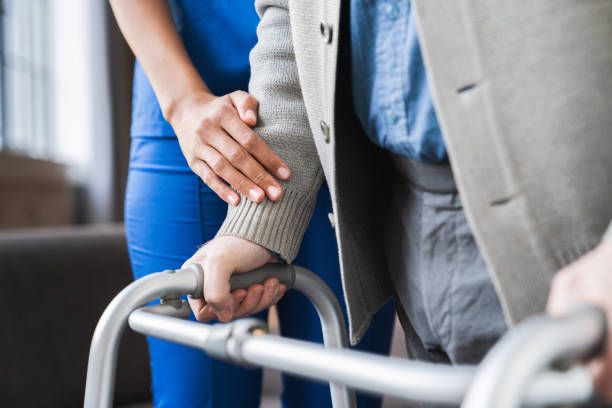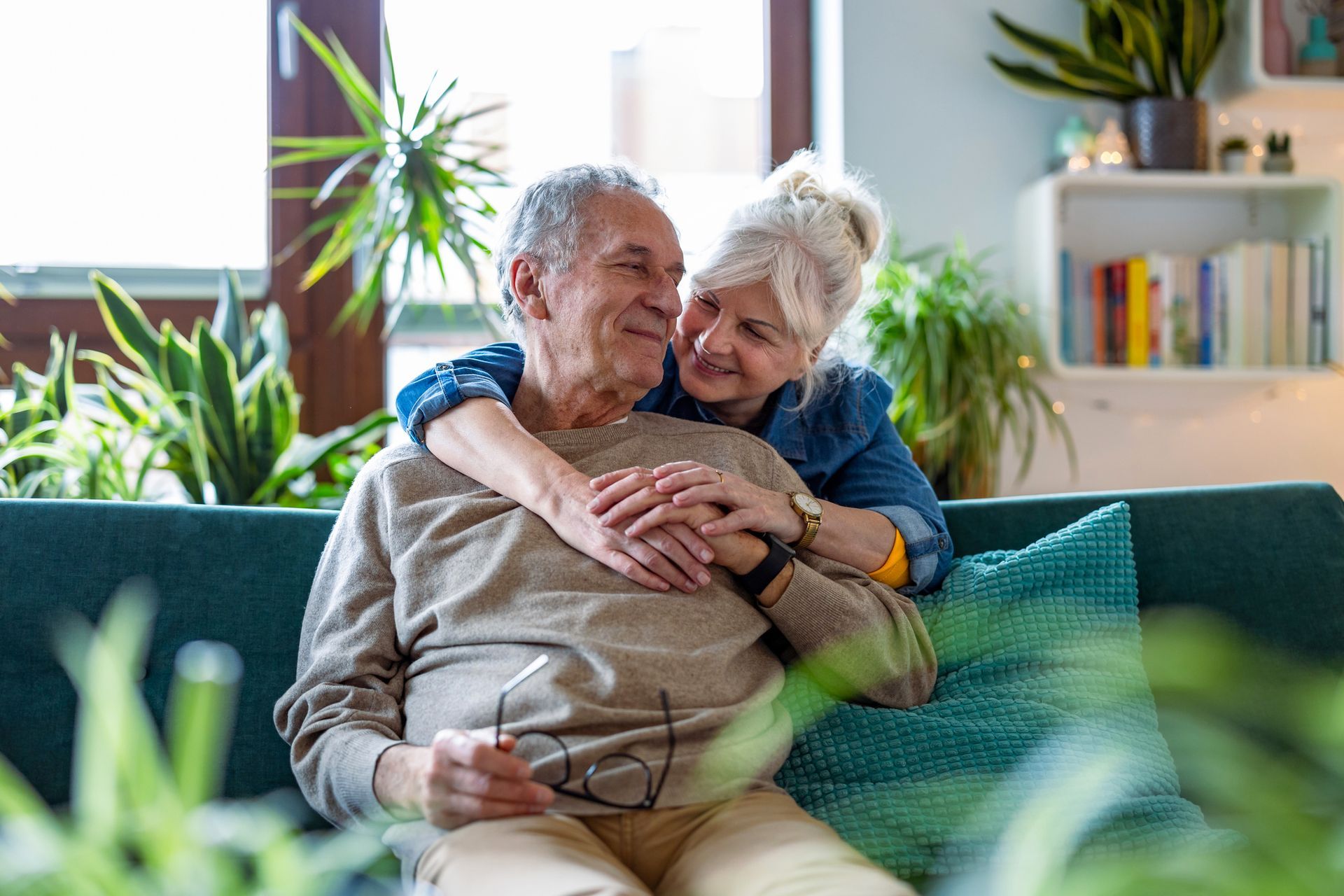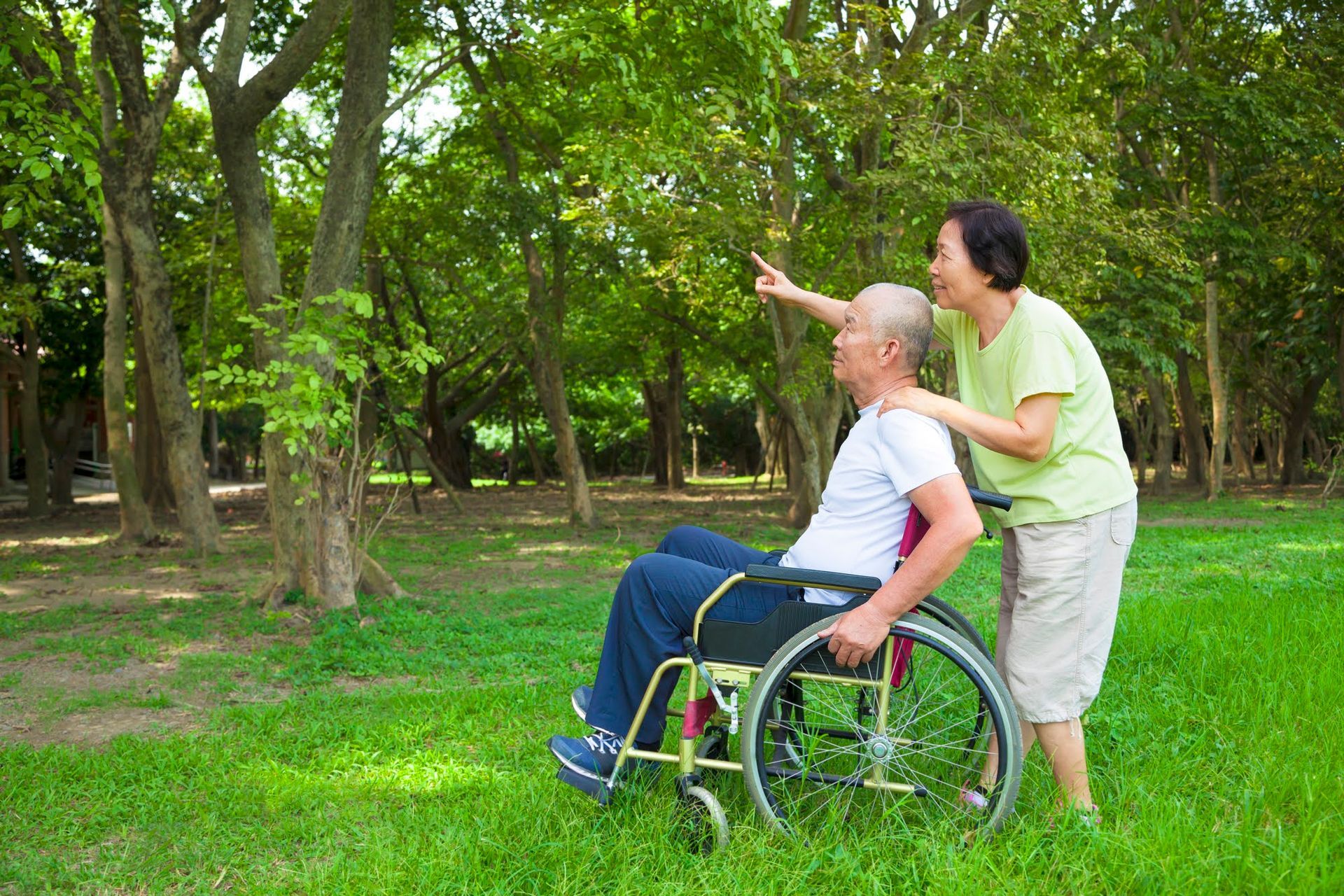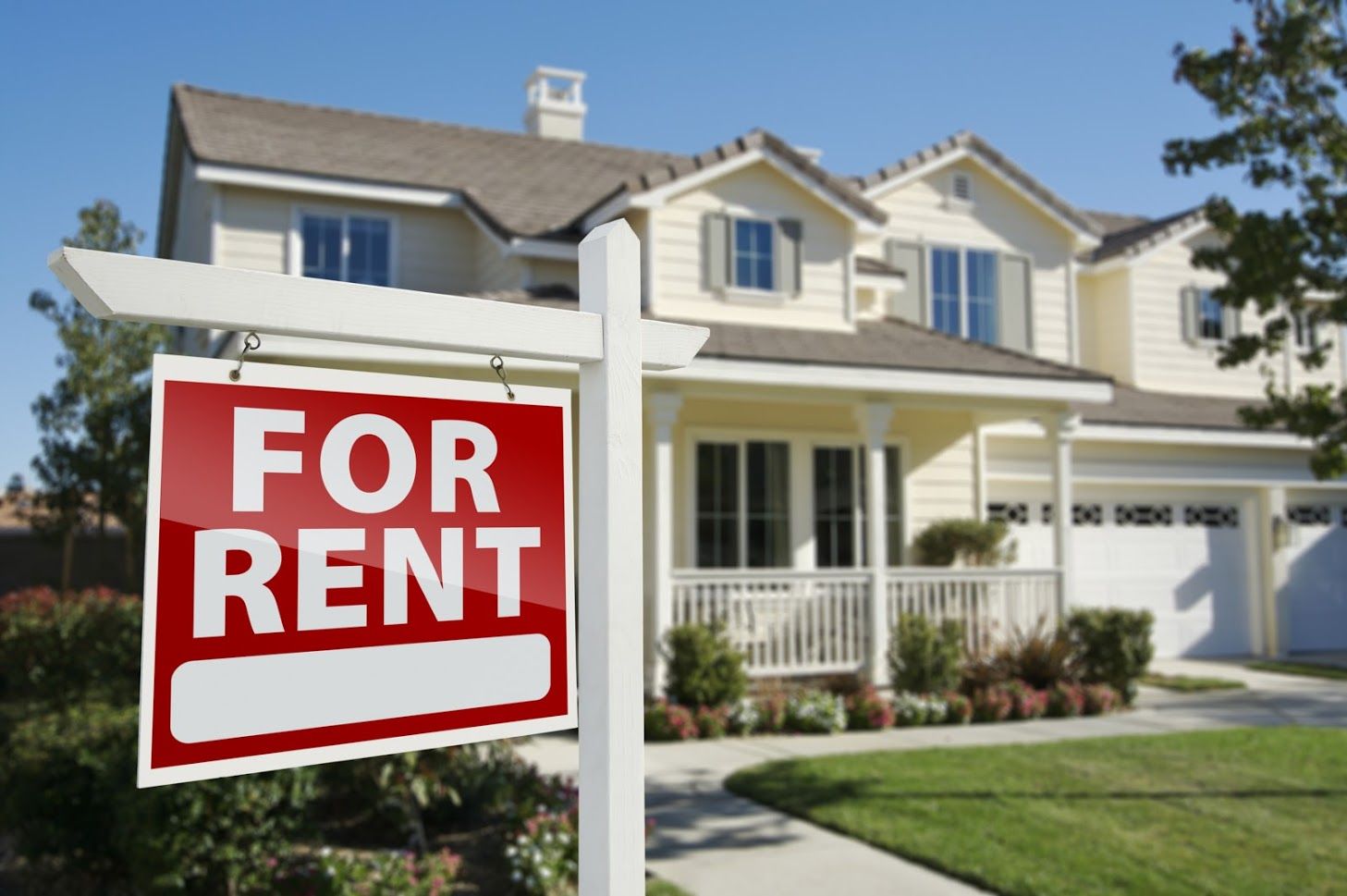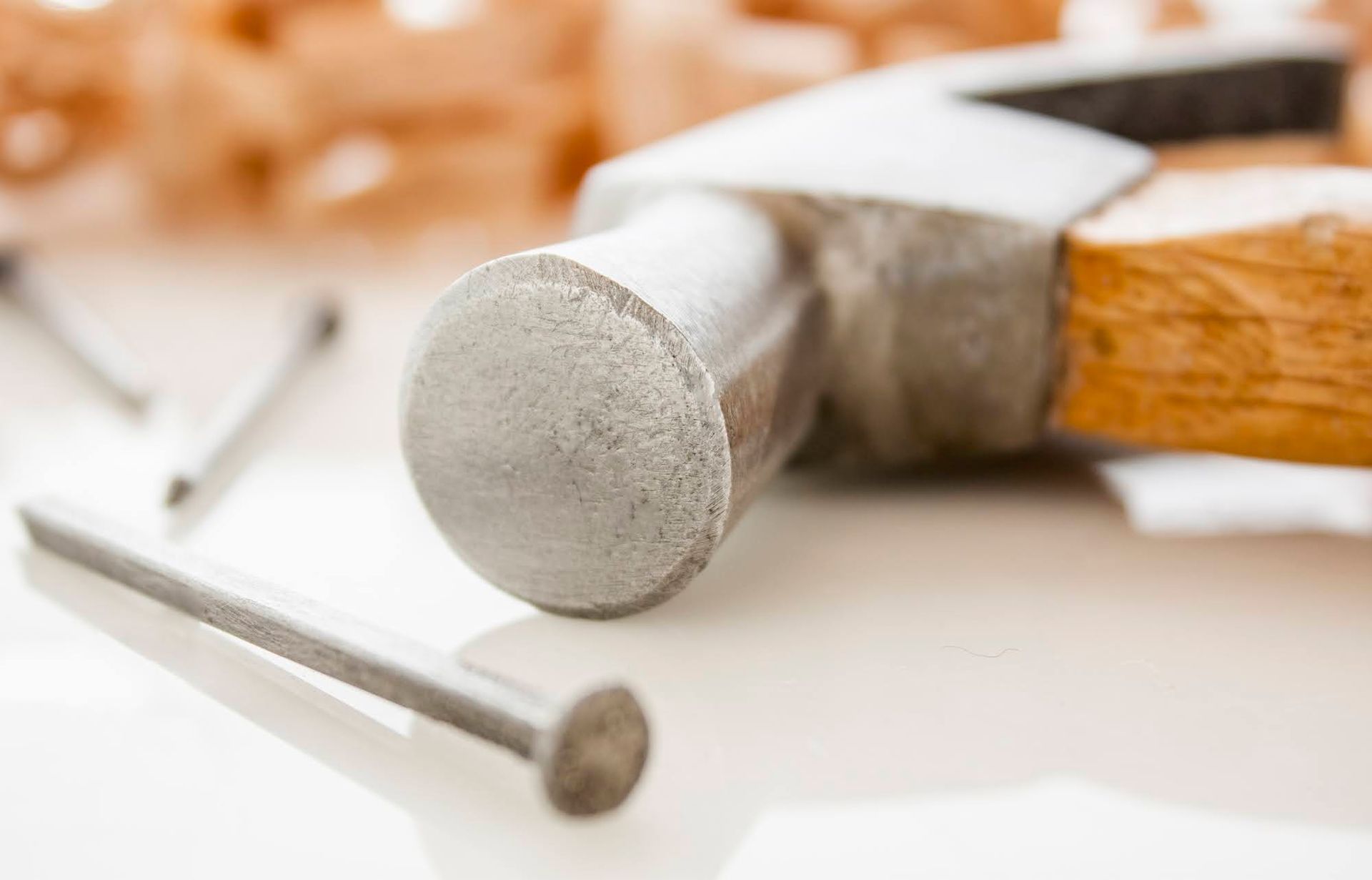Air Conditioning and Independent Living: Why Is In-Home AC Important for Seniors?
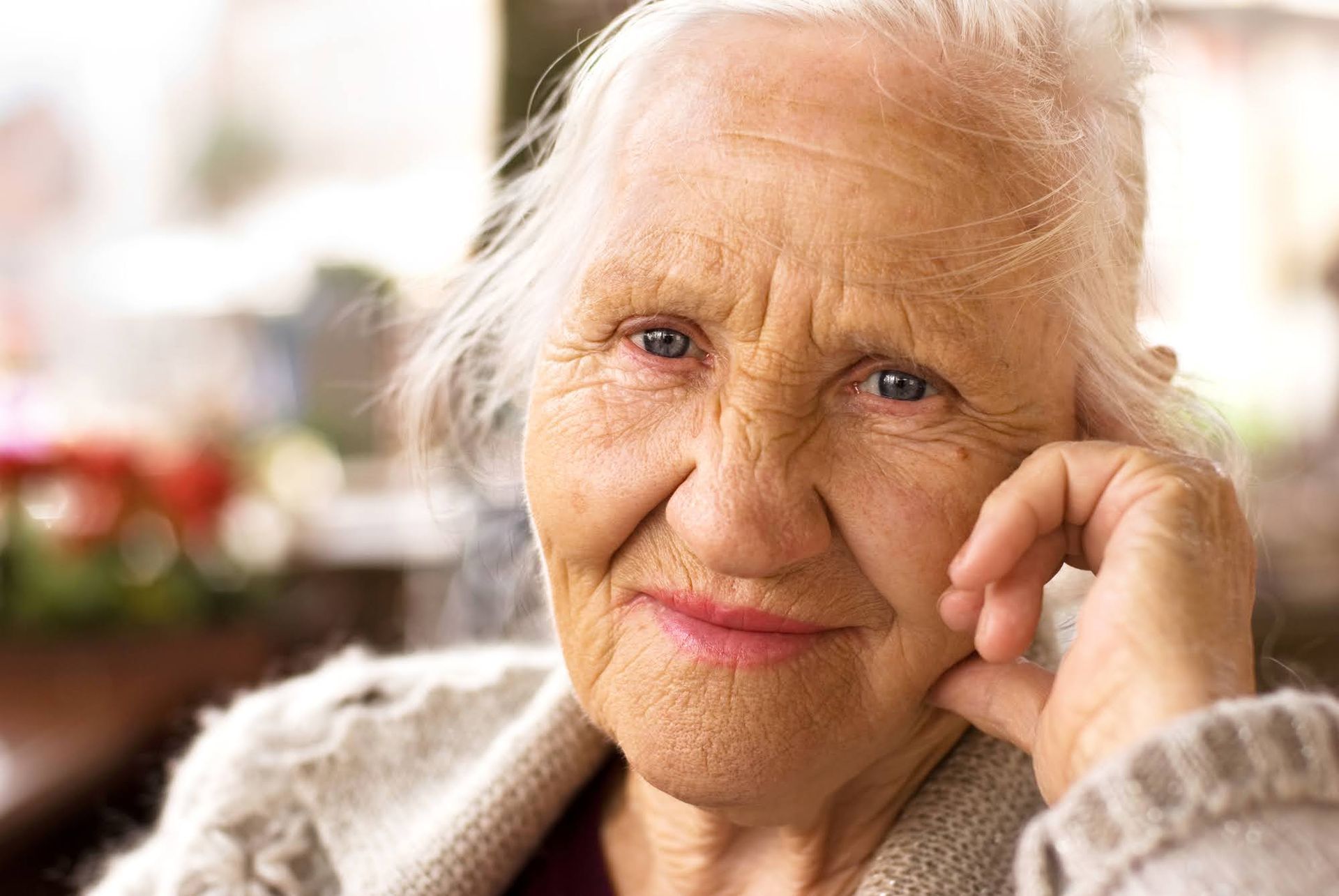
Is air conditioning a necessity in a senior's independent living apartment or home? Home cooling systems are often seen as an extra or bonus. But for seniors, a working air conditioner is more than just a way to stay comfortable. Whether you're searching for a new home for yourself or for a loved one, discover what you need to know about seniors, the summer heat, and cooling systems.
Why Is Heat an Important Issue as Seniors Age?
Heat can negatively affect anyone of any age. But seniors are often more at risk for heat-related illnesses. According to the National Institutes of Health, age-related changes such as decreased circulation; inefficient sweat glands; and heart, lung, or kidney disease are factors that can make heat potentially dangerous for older adults.
Along with these issues, some medications, weight (either being overweight or underweight), and reduced sweating can also impact how a senior's body reacts to higher temperatures. A combination of these issues can add to the risk level.
What Can Happen in the Heat?
Why is heat a problem for seniors? The stress it puts on the body can put an older adult at risk for heat stroke and other heat-related illnesses. The National Institute on Aging notes that these heat-related illnesses may include heat syncope (sudden dizziness), heat cramps (painful spasms or muscle tightening), heat edema (painful swelling of the feet or ankles), heat rash (a skin irritation), or heat exhaustion.
Heat stroke happens when the body temperature spikes above 104 degrees Fahrenheit, according to the National Institute on Aging. This medical emergency can cause confusion, flushed skin, rapid pulse, or weak pulse and can leave the senior without the ability to sweat.
How Can In-Home AC Help?
Heat illnesses don't have to happen. If you or your loved one is prone to any of these issues due to age, medication use, chronic medical conditions, weight, or impaired sweat gland function, you need to take as many preventative steps as possible.
To reduce the risks of the summer-time heat, seniors should stay out of the sun when possible, hydrate with water often, and keep the AC on. The cooler temperature of an air-conditioned apartment or home can make a major difference in your health or that of your loved one during the warmest months of the year.
Even though an apartment or house can provide the necessary shade, an open window or an electric fan may not do enough to keep an older adult with medical needs cool. This means staying indoors is often not enough to prevent heat-related illnesses.
How Do You Know If a Rental Has Air Conditioning?
You're searching for a new independent living home for yourself or an aging parent, grandparent, or relative. But you're not sure which communities offer AC as a standard amenity.
Many management companies provide this information in a brochure or online. If you can't find a list of features, you may need to do more research. As you tour rental apartments and homes, ask the agent or the person showing the property for more information on the HVAC system.
Not only should you ask if the rental has air conditioning, but you should also learn more about the type of system, the ability of the renter to control the temperature, and the age of the air conditioner. Ideally, the unit should have a new or newer system that is maintained by the property management company. Maintenance should include annual inspections, repairs as necessary, and air filter changes or cleaning.
Are you looking for a new rental in an independent living community for seniors? Contact Robert Cottingham Property Management for more information on your options.



